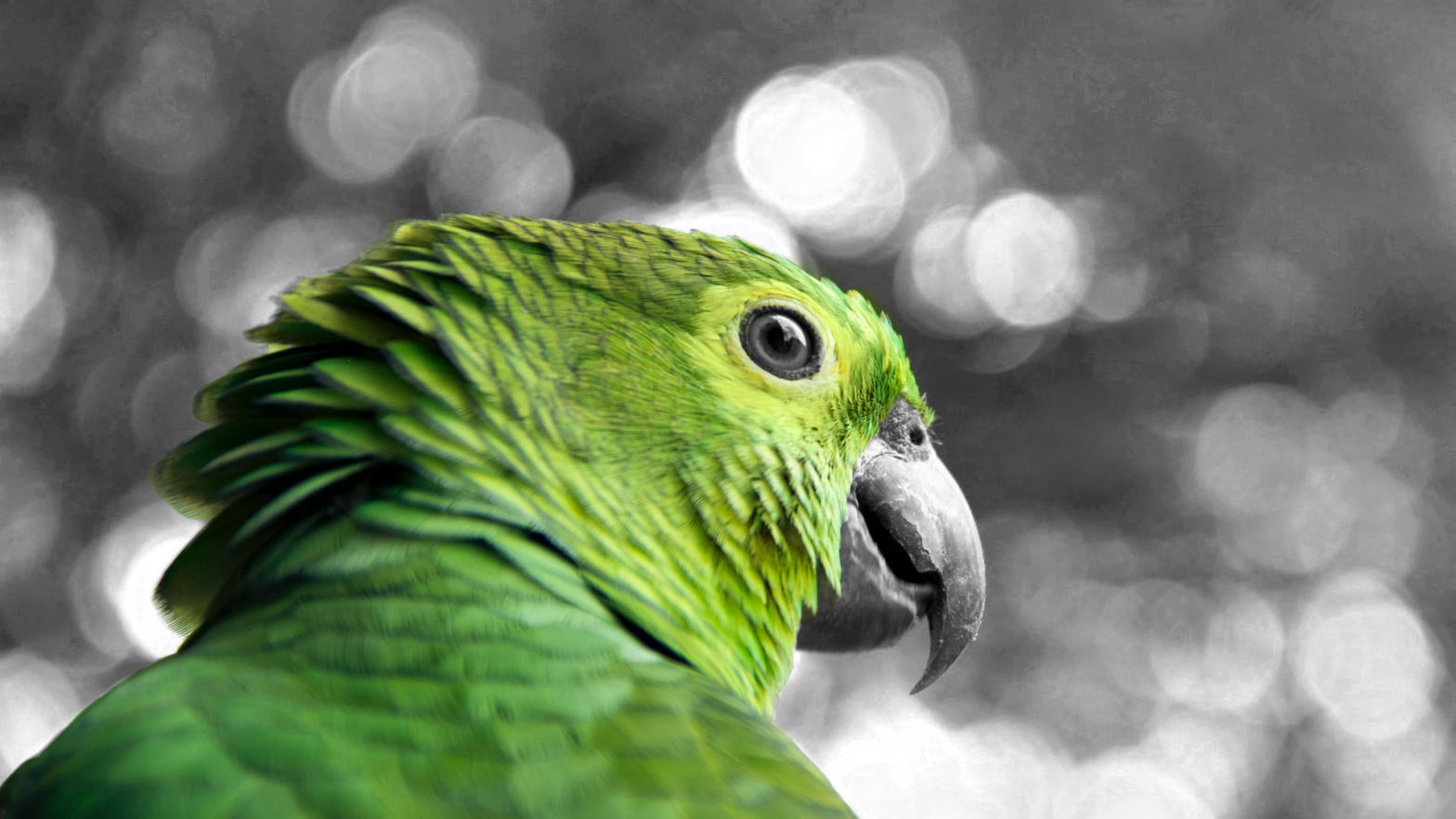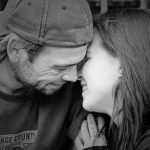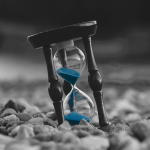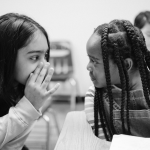Domestic and wild animals in German language are some of the most interesting topics that appeal to both children and adults. I am a tutor, and there have been many times when a student, when asked about his family members, also mentioned a cat, dog, or other pet. As an animal lover, I understand this perfectly. I remember my middle school days, when I had just started learning German myself. One of the first homework assignments I received was to describe my pets. I never approached any homework with such enthusiasm as I did then! Perhaps you are reading this article right now because you are facing a similar task, or you just love animals and want to learn vocabulary related to them. If so, you are in the right place.
Domesticated animals in German with articles
Pets in German is die Haustiere – a compound of the words die Tiere (animals) and das Haus (house). Here is a list of pets in singular and plural. It’s very important to learn the names of animals in German with the articles right from the start. This way you will know how to use them correctly in a sentence.
What’s more, I’ve prepared sample sentences for you to help you remember new words. There is no more effective method of learning a language than learning in whole sentences. While tutoring, I have tried it with many students, and as a result, we were able to achieve their desired results.
| German | English |
|---|---|
| der Hund / die Hunde | the dog / the dogs |
| der bellende Hund | the barking dog |
| Der Hund bellt laut vor dem Haus. | The dog barks loudly in front of the house. |
| der Welpe / die Welpen | the puppy / the puppies |
| die spielenden Welpen | the playing puppies |
| Die Welpen spielen im Garten. | The puppies are playing in the garden. |
| der Hamster / die Hamster | the hamster / the hamsters |
| der laufende Hamster | the running hamster |
| Hamster sind gut für vielbeschäftigte Menschen. | Hamsters are good for busy people. |
| die Maus / die Mäuse | the mouse / the mice |
| die weiße Maus | the white mouse |
| Meine Maus heißt Mia. | My mouse is called Mia. |
| die Rennmaus / die Rennmäuse | the gerbil / the gerbils |
| die schlafende Rennmaus | the sleeping gerbil |
| Die Rennmaus meiner Schwester ist aus dem Käfig entkommen. | My sister’s gerbil ran away from his cage. |
| die Ratte / die Ratten | the rat / the rats |
| die große Ratte | the big rat |
| Ratten mögen frisches Gemüse und Obst. | Rats like fresh vegetables and fruit. |
| der Wellensittich / die Wellensittiche | the budgie / the budgies |
| der singende Wellensittich | the singing budgie |
| Der Wellensittich singt fröhlich in seinem Käfig | The budgie is singing cheerfully in the garden. |
| der Kanarienvogel / die Kanarienvögel | the canary / the canaries |
| der bunte Kanarienvogel | the colorful canary |
| Ich würde gerne einen Kanarienvogel haben. | I’d like to have a canary. |
| die Katze / die Katzen | the cat / the cats |
| die miauende Katze | the meowing cat |
| Die Katze miaut. | The cat is meowing. |
| das Kätzchen / die Kätzchen | the kitten / the kittens |
| das schnurrende Kätzchen | the purring kitten |
| Das Kätzchen schnurrt zufrieden auf meinem Schoß. | The kitten is purring happily on my lap. |
| das Meerschweinchen / die Meerschweinchen | the guinea pig / the guinea pigs |
| das haarige Meerschweinchen | the furry guinea pig |
| Meerschweinchen sind beliebte Haustiere in vielen Familien. | Guinea pigs are popular pets in many families. |
| der Fisch / die Fische | the fish |
| der schwimmende Fisch | the swimming fish |
| Der bunte Fisch schwimmt im Aquarium. | The colorful fish swims in an aquarium. |
| der Goldfisch / die Goldfische | the goldfish |
| der wunscherfüllende Goldfisch | wish-granting goldfish |
| Ist es wahr, dass Goldfische Wünsche erfüllen? | Is it true that goldfish grant wishes? |
| das Kaninchen / die Kaninchen | the rabbit / the rabbits |
| das springende Kaninchen | the jumping rabbit |
| Ich habe Kaninchen zu Hause. | I have rabbits at home. |
Let’s go to the zoo! – Learn about wild animals in German
Germany boasts a number of beautiful zoos, including Zoologischer Garten in Berlin, the oldest zoo in Germany, with as many as about 20,000 animals, or Müncher Tierpark Hellabrunn, the first “Geo-zoo” in the world. If you are ever in the area, be sure to add these places to your sightseeing plan. A trip to the zoo is a great idea for spending time with loved ones and a lesson in German vocabulary. For more interesting ways to learn German, check out this article.
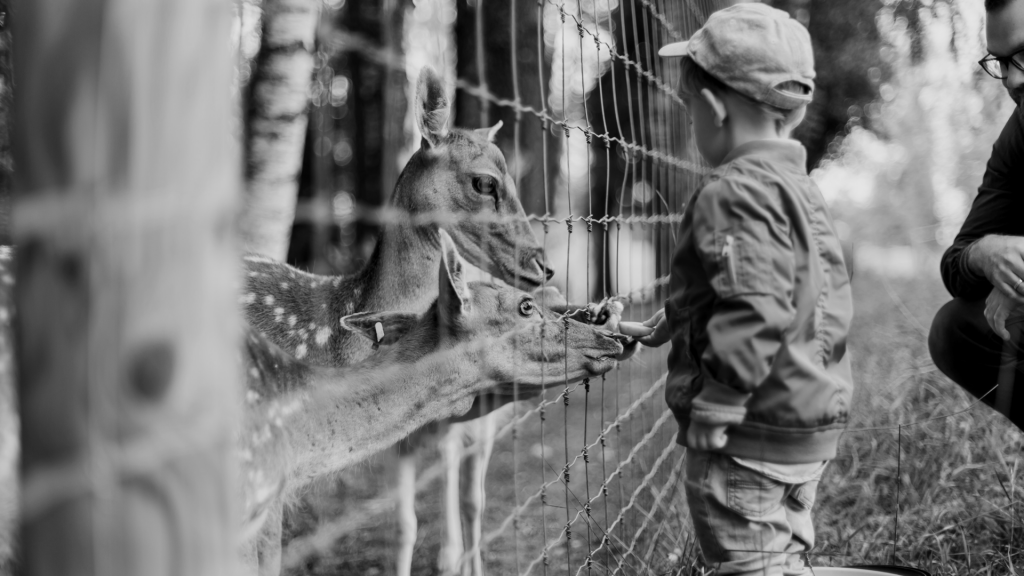
Below you’ll find a list of wild animals in German with the article. Many of them have similar names to their English equivalents, which makes learning much easier.
| German | English |
|---|---|
| das Wildtier / die Wildtiere | the wild animal / the wild animals |
| die Zootiere | the animals in the zoo |
| Die Zootiere werden von den Besuchern bewundert und geliebt. | The zoo’s animals are admired and loved by visitors. |
| der Affe / die Affen | the monkey / the monkeys |
| der Löwe / die Löwen | the lion / the lions |
| der Tiger / die Tiger | the tiger / the tigers |
| der Leopard / die Leoparden | the leopard / the leopards |
| der Panther / die Panther | the black panther / the black panthers |
| der Elefant / die Elefanten | the elephant / the elephants |
| das Nashorn / die Nashörner | the rhino / the rhinos |
| die Giraffe / die Giraffen | the giraffe / the giraffes |
| das Kamel / die Kamele | the camel / the camels |
| das Zebra / die Zebras | the zebra / the zebras |
| das Nilpferd / die Nilpferde | the hippopotamus / the hippopotamuses |
| das Känguru / Kängurus | the kangaroo / the kangaroos |
| das Krokodil / die Krokodile | the crocodile / the crocodiles |
| der Panda / die Pandas | the panda / the pandas |
| der Flamingo / die Flamingos | the flamingo / the flamingos |
| der Eisbär / die Eisbären | the polar bear / the polar bears |
| der Pinguin / die Pinguine | the penguin / the penguins |
| der Fuchs / die Füchse | the fox / the foxes |
| der Gorilla / die Gorillas | the gorilla / the gorillas |
| der Wolf / die Wölfe | the wolf / the wolves |
| die Gazelle / die Gazellen | the gazelle / the gazelles |
List of useful words and phrases related to animals
Animals are great conversation starters. While in Germany myself, I approached dog owners a few times to ask about the breed of their pets. Often a spontaneous and very pleasant conversation ensued. Therefore, it is worthwhile for you to familiarize yourself with the vocabulary you will use to describe your pet’s appearance and behavior. In the Taalhammer app you can create your own collections with sentences that you have prepared yourself! Thanks to them, you will learn what really applies to your life, and you will immediately be able to use the new vocabulary during your next conversation in German.
In the article “How polyglots learn languages”, you will learn more about why creating your own content is such an important part of learning a language. I encourage you to read it!
| German | English |
|---|---|
| freundlich | friendly |
| Der freundliche Hund begrüßte jeden Besucher mit wedelndem Schwanz. | The friendly dog greeted each visitor by wagging his tail. |
| aggressiv | aggressive |
| Ist Ihr Hund aggressiv? | Is your dog aggressive? |
| die Hunderasse | dog breed |
| Was für eine Hunderasse ist das? | What breed is that? |
| der Rassehund | pedigree dog |
| der Mischling | crossbreed dog |
| Ist es ein Rassehund oder ein Mischling? | Is it a pedigree dog or a crossbreed? |
| mittelgroß | medium height |
| klein | small |
| groß | big |
| Ich habe einen großen Hund und einen kleinen Hund. | I have one big dog and one small dog. |
| das Fell | the fur |
| Das Fell deines Hundes ist überall! | Your dog’s fur is everywhere! |
| beißen | to bite |
| Mein Hund hat noch nie jemanden gebissen. | My dog has never bitten anyone. |
| streicheln | to pet |
| Darf ich ihn streicheln? | Can I pet it? |
| pflegen | to take care of |
| Ich pflege die Katze meiner Mutter. | I take care of my mum’s cat. |
| bellen | to bark |
| Warum bellt der Hund? | Why is the dog barking? |
| miauen | the meow |
| Meine Katze miaut, wenn sie hungrig ist. | My cat meows when it’s hungry. |
| füttern | to feed |
| Manchmal füttere ich meinen Hamster mit Salat. | I sometimes feed my hamster with salad. |
| fressen | to eat (used only for animals) |
| Mein Hund kann nur Hundefutter fressen. | My dog can only eat dog food. |
| der Maulkorb | the muzzle |
| Ich mag es nicht, meinem Hund einen Maulkorb anzulegen, aber manchmal muss ich es tun. | I don’t like to put a muzzle on my dog, but sometimes I have to do it. |
| das Halsband | the collar |
| Meine Katze hat ein blaues Halsband. | My cat has a blue collar. |
| aus dem Tierheim nehmen | to adopt from a shelter |
| Meine Tante hat drei Katzen aus dem Tierheim genommen. | My aunt adopted three cats from a shelter. |
| mit dem Hund Gassi gehen | to walk a dog |
| Abends gehe ich mit meinem Hund Gassi. | I walk my dogs in the evenings. |
| an die Leine nehmen | to take on a leash |
| Ich nehme meinen Hund immer an die Leine. | I always take my dog on a leash. |
| die Pfote geben | to give a paw |
| Gib Pfote! | Paw! |
How to learn the vocabulary from this article with the Taalhammer app
Learning animal-related vocabulary does not have to be boring or time-consuming at all. The innovative language application Taalhammer will help you memorize it, as it offers an algorithm optimized for learning a large number of words and sentences. Thanks to the app’s advanced tools, learning German vocabulary will become easier and more efficient. It doesn’t matter whether you are just starting out in German or want to take your skills to the next level, Taalhammer will provide you with a personalized approach to learning. Don’t delay, start learning today!


